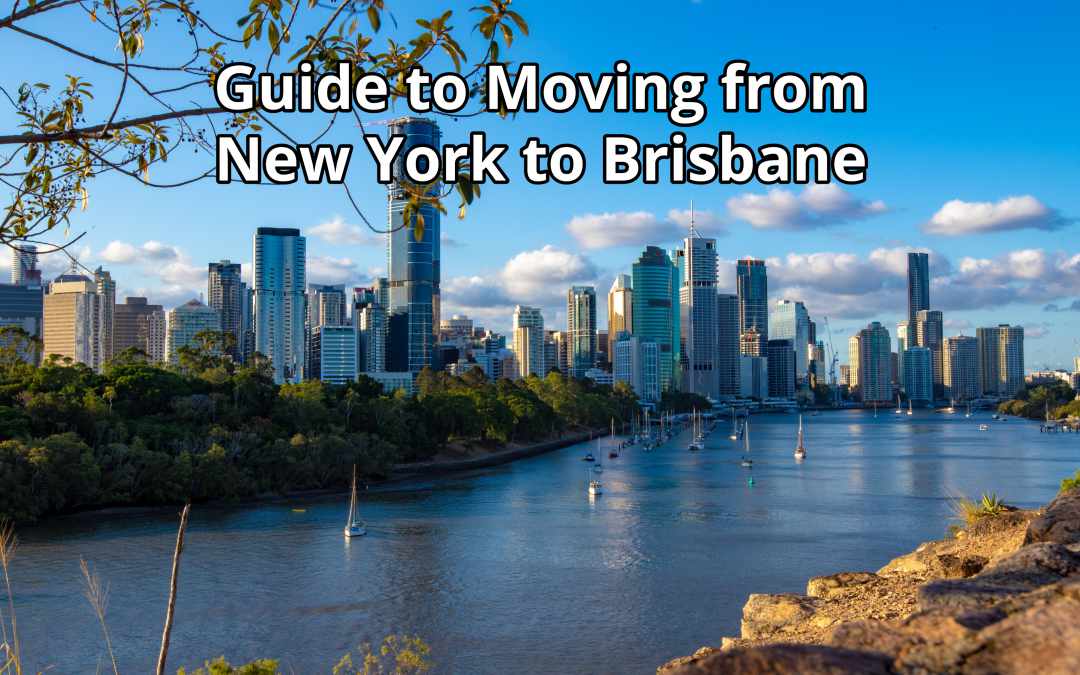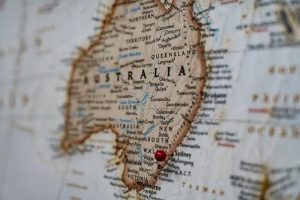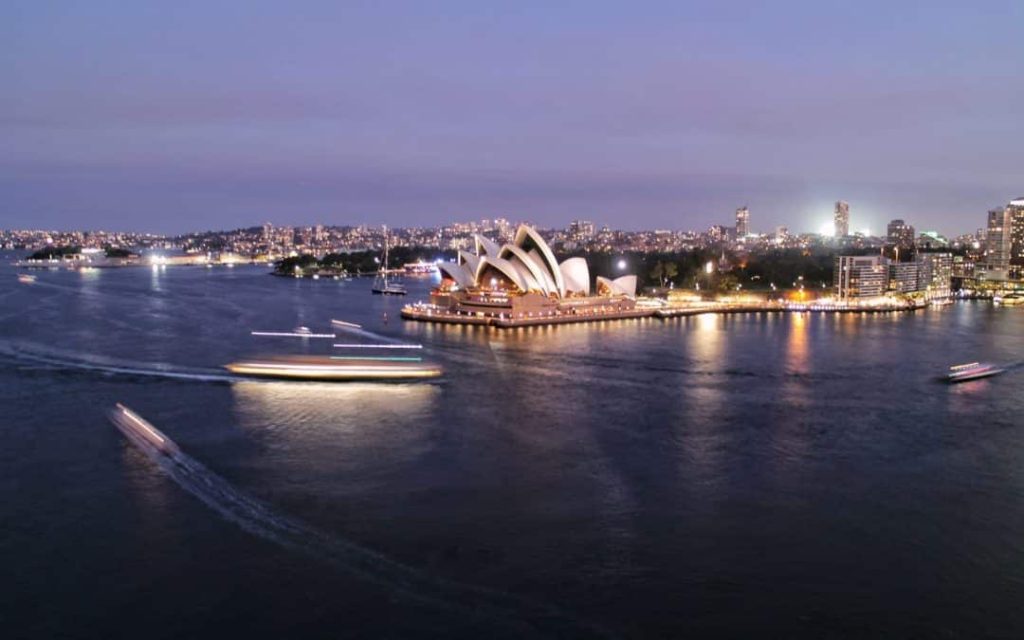
Customs regulations you need to be aware of
when moving to Australia
Australia is different, to say the least. It’s beautiful and isolated from the rest of the world. Specific flora and fauna make it a true wonder of nature, as some species found here cannot be seen anywhere else on Earth. However, there are a lot of customs regulations you need to be aware of when moving to Australia. Dealing with all of them can be overwhelming, and is a job best left to reputable movers. Luckily, we have created this guide to better prepare you for your upcoming move to The Land Down Under.
Why are there so many regulations?
As mentioned, Australia is home to some unique and rare species. Everyday household items and personal effects can introduce certain pests and diseases that are not native to the continent. This can lead to endangering domestic flora and fauna. That’s why the Australian government has put stringent controls in place.
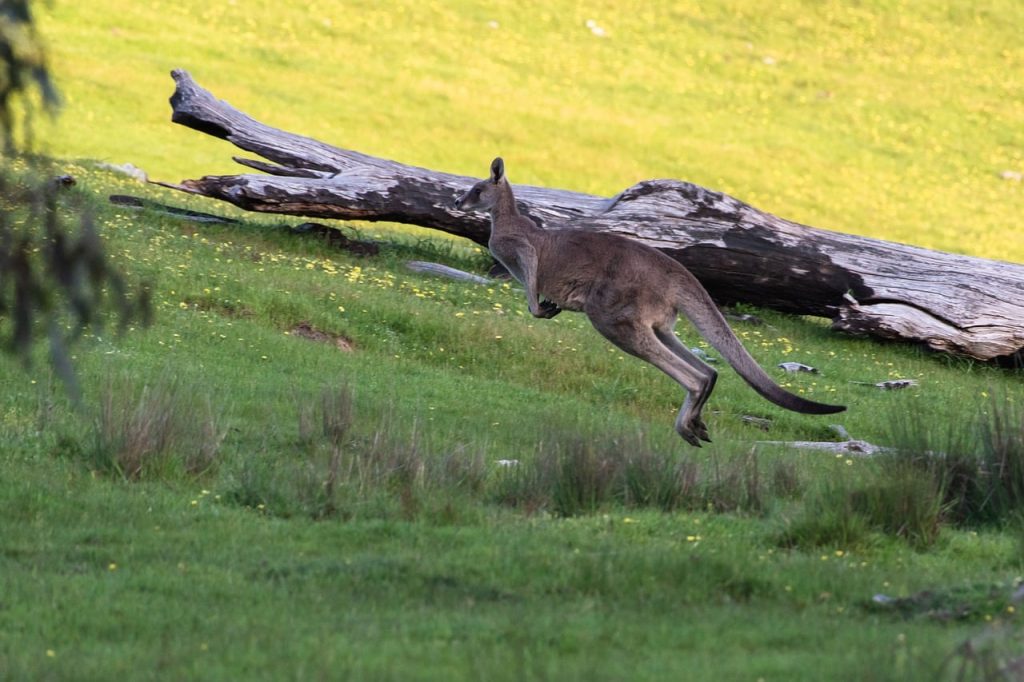
Upon entry, your belongings will be subjected to quarantine inspection before they can be approved for entry. Things considered “risky” will be treated. However, if they cannot be treated, they will either be destroyed or shipped back at your expense. Therefore, if you want to leave the States worry-free, you will need to be mindful of what you’re bringing. As moving already requires you to declutter, it presents an ideal opportunity to dispose of the items that can prove to be problematic and cause you unnecessary expenses. Or worse – trouble with the law.
You can freely bring these items into Australia
Essential items that you use every day won’t give you any trouble at the Australian Customs Office. However, there are specific rules concerning a few of these items.
An important thing to note: make sure you know what’s in your bags. Officials will almost certainly ask you: “Did you pack the bags yourself?” And let us tell you right away: Customs officers aren’t particularly fond of “my mom/girlfriend/boyfriend/spouse packed it.” And especially not “my friend did it.” Therefore, it is best if you do it yourself, or at least be present during the entire process.
And now, onward to the list of items you can bring into the Land Down Under:
- Clothes – Down jackets are an exception to this rule. If you are bringing a down jacket to Australia, make sure to declare it.
- Shoes – your footwear has to be perfectly clean. If there are traces of mud, soil, or leaves, they will have to be treated – at your expense.
- Personal hygiene items – toothpaste, deodorant, perfume, and similar items have to be in packages of under 100ml (3.4oz) and placed in a sealed plastic bag.
- Personal electronics – phone, tablet, laptop, digital camera, etc.
- Leather apparel – belts, shoes, coat, bag, etc.
- Physical money – Cash up to AUD 10 000 total. It can be in different currencies, as long as the combined value doesn’t exceed the number mentioned.
- Food – Commercially packed food is acceptable. As long as it’s sealed and does not require refrigeration or deep freeze, you’re good.
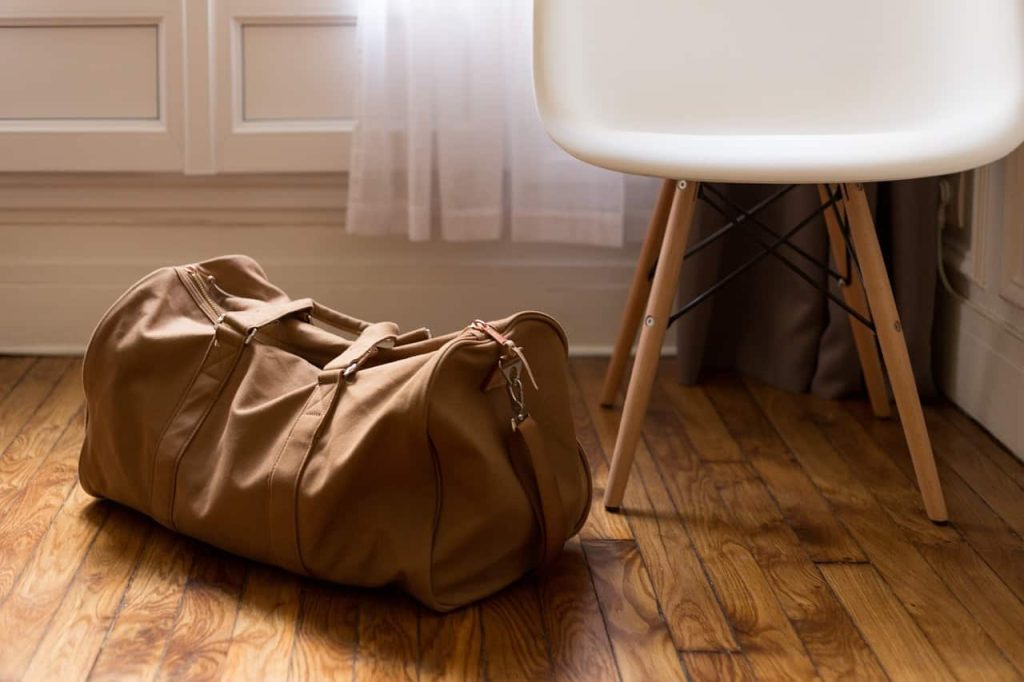
Declare these items, and you won’t have any trouble
Upon your arrival in Australia, you will be given an “Incoming passenger card”. These are usually handed out while you’re still on the plane or ship. You need to fill it out before you pass customs and immigration. Just be honest, and you won’t have any trouble.
- Medicine – you need to have a prescription with you or a report from your doctor that clearly states that it’s for your personal use. Medicines need to be in their original packaging, and the quantity should not exceed 3 months’ worth.
- Vitamins and supplements
- More than AUD 10 000 cash – sums larger than the aforementioned may be considered money laundering tactics. However, you can bring unlimited funds on your credit cards/bank account.
- Samples and goods for business
- Duty-free items (General goods) – This includes items such as jewelry, gifts, souvenirs, electronic equipment, etc. However, be mindful that these items’ value cannot exceed AUD 900 for grown-ups (above 18) and AUD 450 for children (below 18). To bring them in duty and tax-free, if their value exceeds AUD 900, you’ll have to prove that you’ve owned and used them for at least a full year.
- Alcohol and cigarettes – you can bring only 2.25l (76oz) of alcohol and 25g of tobacco.
If you’re unsure whether something can be brought into Australia or not – declare it. You’ll be able to avoid a lot of trouble that way. Yes, your bag will be searched, and you might have to answer a few questions, but it only takes a few minutes. More often than not, Customs Officers won’t give you a hard time.
Items that are a big “NO”
The Australia Border Force doesn’t take kindly to attempts to smuggle illegal contraband. If some of these items are found on your person, your visa can be canceled. You can be charged a fine on the spot, which isn’t even the worst thing that can happen. You can get persecuted and fined up to AUD 42 000 and sentenced to up to 10 years in jail.
- Fresh Food – You can bring in only commercially packed products. Anything fresh is a no-go. This includes fruit, vegetables, meat, seafood, etc. Also, no homemade food or food from the plane or ship.
- Illegal drugs – a no-brainer, but has to be mentioned. Even medicinal drugs can be an issue.
- Live plants or plant parts
- Weapons, firearms, explosives
- Pirated content – CDs/DVDs containing pirated material will be confiscated.
- Fake designer goods
Customs regulations you need to be aware of when moving to Australia with pets
Wanting to bring your furry, feathery, or scaly friend with you when you move is understandable. They are a part of the family, after all. Unfortunately, due to extremely strict customs laws, it will take some time and paperwork. Besides that, your pet will have to spend some time in quarantine upon arrival. To bring your pets to Australia, you are required to submit an import application and permit. Just be aware that some banned breeds can’t enter the country at all.
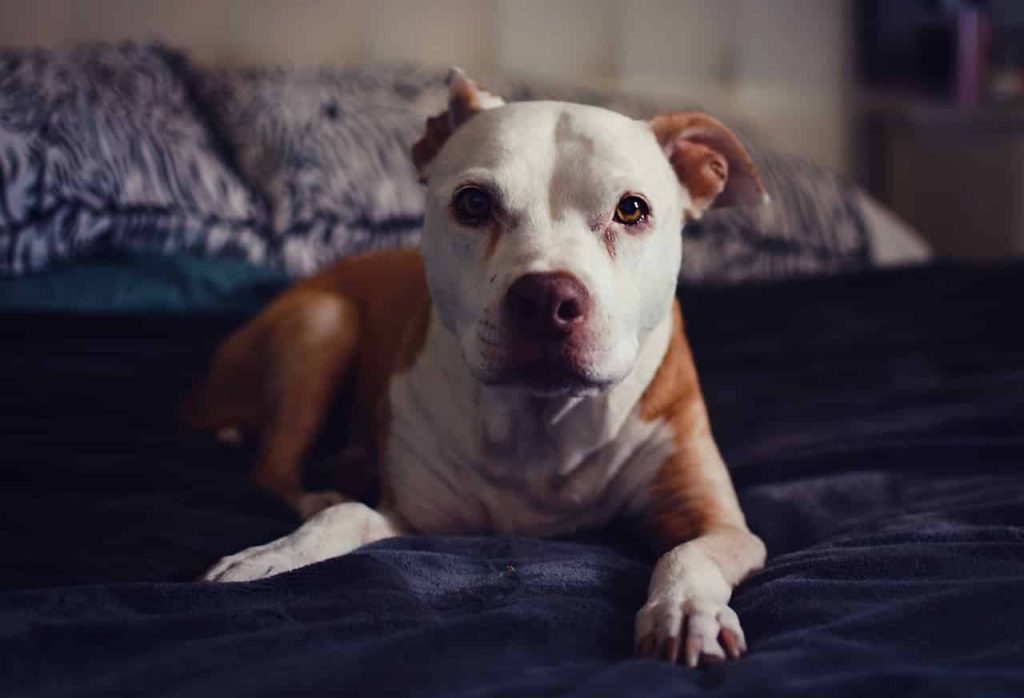
The rules are made to be – respected
Customs regulations you need to be aware of when moving to Australia are plenty. Still, familiarizing yourself with the essential ones is necessary. It will ensure a smooth transition and no headaches on your journey to a new life in this gorgeous land.





